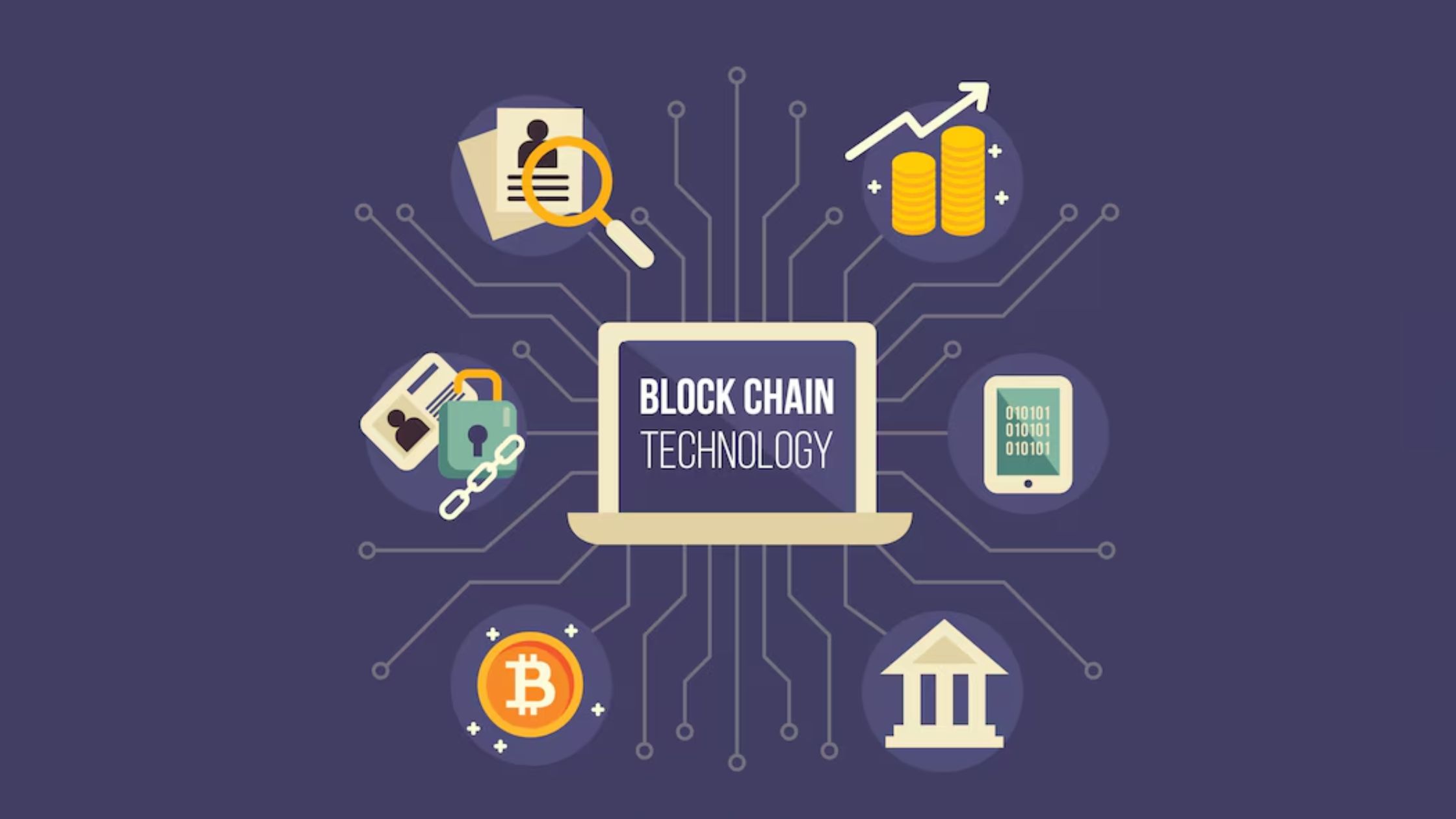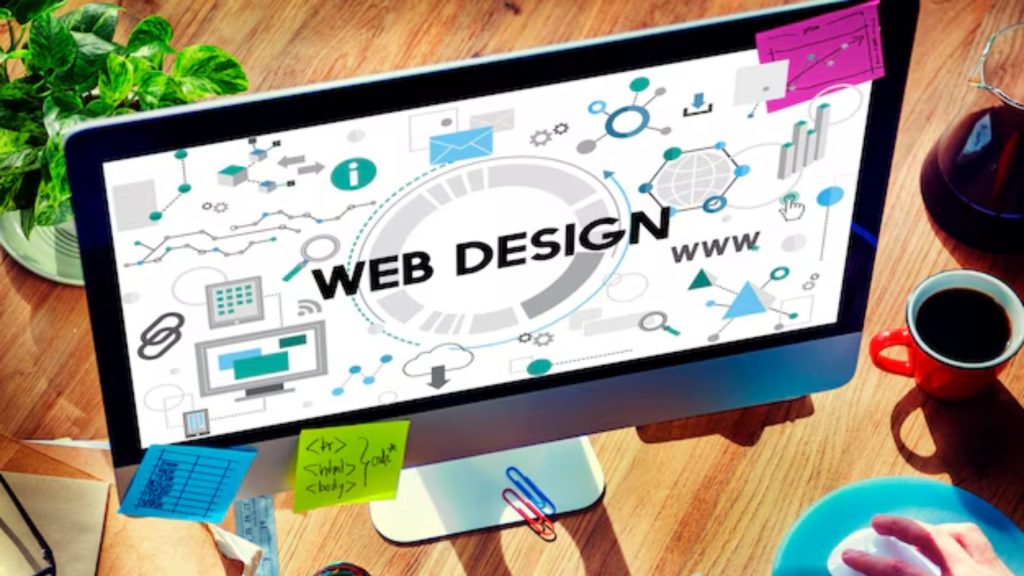Web design is an ever-evolving field, constantly adapting to technological advancements and shifting user expectations. As we approach 2025, it’s clear that the future of web design will be shaped by innovative trends and cutting-edge technologies. Staying ahead of the curve in web design is not just a choice for businesses, but a necessity to remain competitive and offer users seamless digital experiences.
In this blog, we’ll explore some of the most impactful web design trends for 2025 and technologies that can benefit your business.
The Rise of AI and Automation in Web Design
Artificial Intelligence (AI) and automation are making their mark in web design by streamlining the design process and enhancing user experiences (UX). These technologies are transforming everything from layout creation to content generation, making web design faster and more efficient.
Machine learning algorithms can analyze user behavior and optimize a website’s design accordingly, ensuring a more personalized and engaging experience. With AI tools, designers can now automatically generate layouts based on user data, speeding up the creative process and making it easier to tailor websites to specific audiences.
For businesses, this means websites that can adapt to individual preferences, improving customer satisfaction and retention.
Mobile-First Design
In 2025, mobile-first design is no longer a trend – it’s a requirement. With mobile traffic accounting for more than half of global internet usage, businesses can no longer afford to prioritize desktop design over mobile experiences. Google’s mobile-first indexing has further emphasized the need for websites that perform flawlessly on mobile devices.
Mobile-first design focuses on ensuring that websites are fully optimized for smartphones and tablets, both in terms of speed and user experience. Responsive design techniques make it easier to scale web pages and content across various devices, while performance optimization ensures that pages load quickly, which is crucial for both user retention and SEO.
Personalization and User-Centric Design
Personalization has become one of the most important aspects of modern web design. In 2025, delivering unique and personalized user experiences will be crucial for engaging and retaining customers. By leveraging behavioral data and AI, websites can offer tailored content, recommendations, and layouts based on a user’s past interactions.
User-centric design, where the needs and preferences of the target audience are prioritized, is also gaining traction. It involves creating intuitive, easy-to-navigate websites that offer relevant content and a seamless user journey.
Dark Mode and High-Contrast Design
Dark mode has become increasingly popular in recent years, and its adoption is expected to grow significantly in 2025. Many users prefer dark mode for its aesthetic appeal, as well as its benefits for eye strain and battery life, especially on OLED screens.
In addition to dark mode, high-contrast designs are gaining attention due to their ability to improve accessibility and readability. High-contrast color schemes ensure that text and important elements stand out, making websites more inclusive for users with visual impairments.
Voice and Gesture-Based Navigation
Voice and gesture-based navigation are changing the way users interact with websites. Voice search, powered by AI, allows users to search for content and perform actions on a website using voice commands, while gesture-based navigation enables users to control web applications through hand movements or touch gestures.
These technologies are revolutionizing accessibility by offering alternative navigation methods for users with disabilities. They also improve user engagement, as voice and gesture controls provide a more interactive and intuitive way to explore a website.
Sustainability in Web Design
Sustainability is becoming an essential consideration in web design. With increasing concern about the environmental impact of digital technology, businesses are looking for ways to reduce their carbon footprint. Sustainable web design practices focus on minimizing energy consumption and utilizing eco-friendly hosting services.
Green hosting, minimalistic design, and efficient coding practices can all contribute to a website’s overall sustainability.
The Role of Web Accessibility in 2025
Web accessibility is a critical aspect of web design that ensures all users, regardless of their abilities, can access and navigate websites. Adhering to accessibility standards like WCAG 2.1 is essential for businesses looking to create an inclusive online presence.
In addition to benefiting users with disabilities, accessible websites also rank higher in search engine results and enhance brand reputation. By implementing features like keyboard navigation, screen reader compatibility, and high-contrast visuals, businesses can create websites that are both inclusive and search-engine-friendly.
The Future of Web Design and Technology
Looking ahead, the next five years will see even more exciting developments in web design. Virtual Reality (VR) and Augmented Reality (AR) are expected to make their way into mainstream web design, offering immersive experiences that allow users to interact with products and services in entirely new ways.
Blockchain technology may also play a role in website security and design, enabling more secure transactions and decentralized websites.

Conclusion
As we approach 2025, the future of web design will be shaped by innovative technologies and trends that prioritize user experience, accessibility, and sustainability. Businesses that embrace these changes will not only remain competitive but will also foster deeper connections with their audience.
Partnering with a reliable and expert team can ensure your website stays ahead of the curve. Whether it’s AI, mobile-first design, or sustainability, Websenor offers cutting-edge services. When searching for the best web design services in Bangalore, trust Websenor’s expertise in creating future-ready websites that align with the latest web design trends for 2025.







